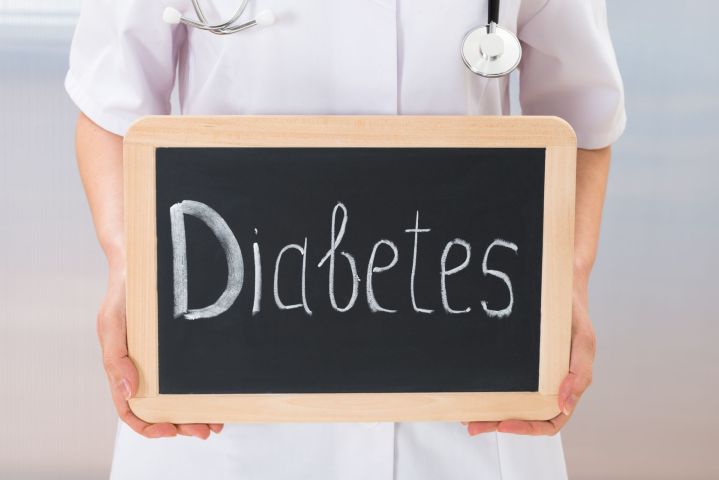
In a study carried out by researchers at the Scripps Whittier Diabetes Institute, a group of 63 low-income Hispanics with diabetes received daily health-related text messages for a period of six months. The reason for focusing on Hispanics in the study is that they face a higher risk of developing Type 2 diabetes — with 13.9 percent of the population affected, compared with 7.6 percent for non-Hispanic whites. Participants in the study were either uninsured or received coverage through Medi-Cal. The majority were middle-aged, female, and had received less than a ninth-grade education.
Over the course of the investigation, each participant received a total of 354 messages, sent to their own phones. Sample texts included messages like: “Use small plates! Portions will look larger and you may feel more satisfied after eating,” or “It takes a team! Get the support you need — family, friends and support groups can help you to succeed.”
Impressively, the participants in the study saw similar improvements to blood sugar levels to those that would be the result of certain glucose-lowering medications. Participants who texted in their blood glucose levels were more likely to have better A1C measures, reflecting average blood sugar levels for the past two to three months than other study group participants who texted back less often.
After the trial, 96 percent of the study group said that the texts they received helped them manage their diabetes “a lot.” Ninety-seven percent said that they would recommend a similar program to friends and family members.
The research suggests that text messages can act as a positive, low-cost method of increasing adherence and engagement in medical treatment. It is also presumably a positive piece of research for the makers of wearable wellness devices, who can use this as proof positive that the health-modifying “nudges” sent by devices can have a big impact on improving people’s well-being.
Editors' Recommendations
- How to save text messages on iPhone and Android
- How I use my Apple Watch and iPhone to manage my diabetes
- CES 2023: This Android phone can send satellite text messages to your iPhone
- Google’s latest Pixel software update can help you get a good night’s sleep
- Celebrities are ditching social media and texting with fans directly instead

